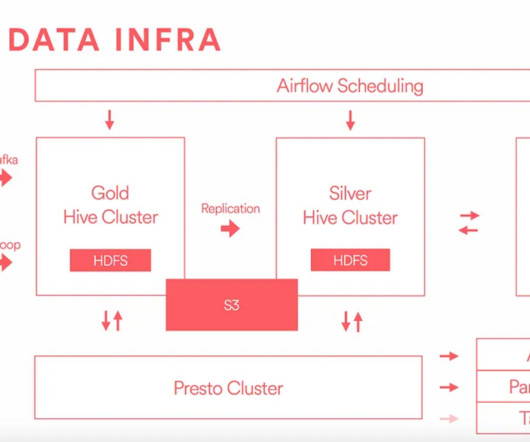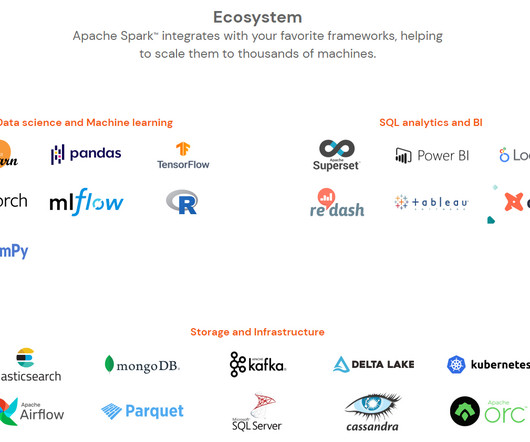The state of data quality in 2020
O'Reilly Media - Ideas
FEBRUARY 11, 2020
Those suspicions were confirmed when we quickly received more than 1,900 responses to our mid-November survey request. The responses show a surfeit of concerns around data quality and some uncertainty about how best to address those concerns. Key survey results: The C-suite is engaged with data quality.















Let's personalize your content